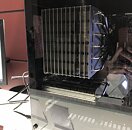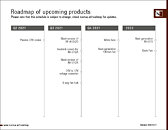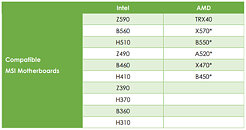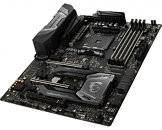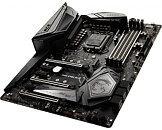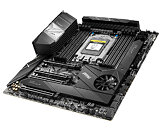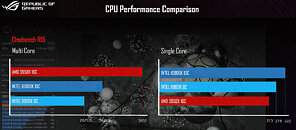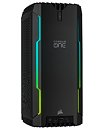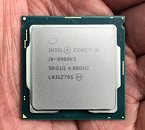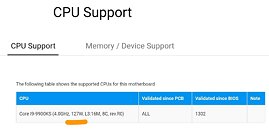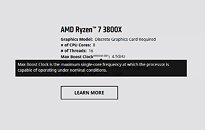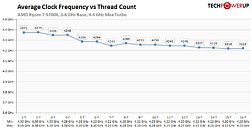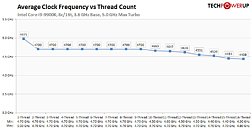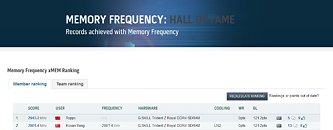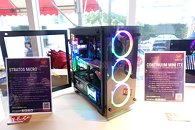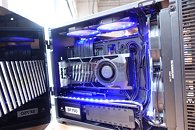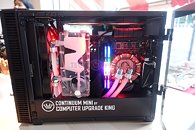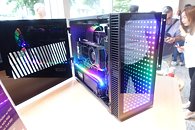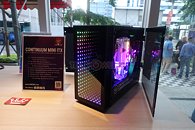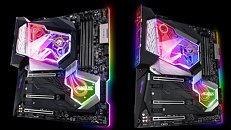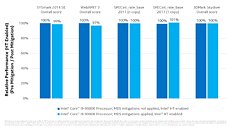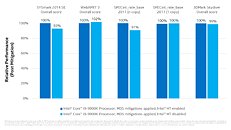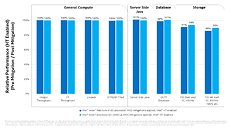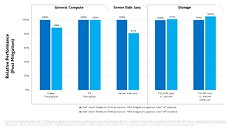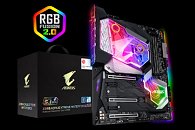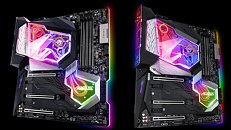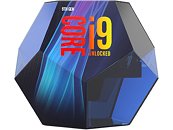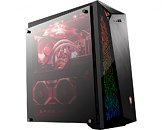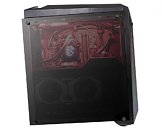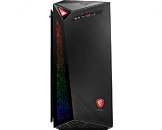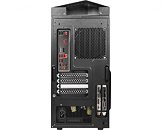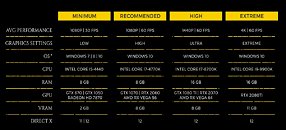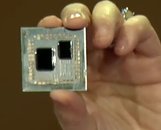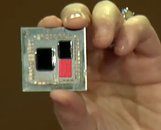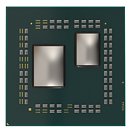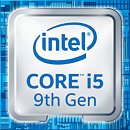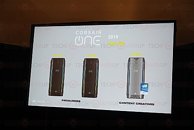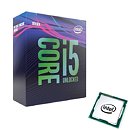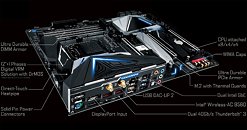Intel is embattled in the client-segment desktop processor business, with AMD's imminent launch of its 3rd generation Ryzen desktop processors. Intel's 9th generation Core processors may lose their competitiveness to AMD's offerings, and are expected to get relieved by the company's "Ice Lake" desktop processors only in 2020. Until then, Intel will market its processors through price-cuts, promotions, bundles, and focusing on their gaming prowess. The company will refresh its HEDT (high-end desktop) processor lineup some time in Q3-2019. According to Taiwan-based industry observer DigiTimes citing sources in the motherboard industry, Intel's immediate response to 3rd generation Ryzen will be a series of price-cuts to products in its client-segment DIY retail channel.
According to these sources, prices of 9th generation Core processors could be cut by a minimum of 10 percent, and a maximum of 15 percent, varying by SKUs. This could see prices of popular gaming/enthusiast SKUs such as the Core i9-9900K, the i7-9700K, and the i5-9600K, drop by anywhere between $25 to $75. AMD is launching the Ryzen 9 3900X to compete with the i9-9900K, the Ryzen 7 3800X to compete with the i7-9700K, and the Ryzen 5 3600X to take on the i5-9600K. The three SKUs, according to AMD's internal testing, match the Intel chips at gaming, and beat them at content-creation tasks. At the heart of 3rd generation Ryzen processors is AMD's new Zen 2 microarchitecture, which brings significant IPC gains. AMD is also increasing core-counts on its mainstream desktop platform with the introduction of the Ryzen 9 family of 12-core and 16-core processors in the AM4 package.

